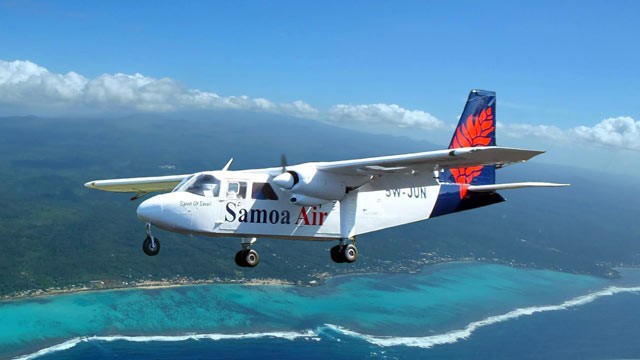
Professors and economists are adding their opinions to the longstanding debate over whether or not airlines should charge overweight people with additional fees.
In his 2012 article “Weigh More, Pay More,” Princeton bioethicist Peter Singer considers the ethical issues surrounding obesity in relation to flying. Rather than being a personal issue, Singer says obesity is an ethical issue that influences one’s surroundings. Obese people require more space and fuel to transport. Singer believes they should pay for these extra costs.
According to Singer, “we should think of the size of the human population not just in terms of numbers, but also in terms of its mass.”
In an interview with CNN last month, Norwegian economist Bharat Bhatta spoke of the benefits of a so-called “fat tax.” “Pay as you weigh pricing,” he says, would cause gas prices and emissions to decrease and “bring health, financial and environmental dividends.”
These opinions have sparked intense debates online. However, a clear majority (58%) of reponders on debate.org repondants felt that people should pay additional fees for their weight.
On the debate website, supporters of the fees say that obesity is a person’s choice and that flight is a privilege, not a right. On the other hand, those against the fees argue that fees were discriminatory and that this is a way for airlines to gain more profit.
Sharon Carl, a senior at West Ranch High School, expressed her disagreement with the fees. In an interview, she said, “I might understand why the fee could be charged since all flights have a maximum weight they can hold, but if my financial situation wasn’t great, I would think it unfair.”
Samoa Air recently made news by becoming the world’s first airline with a “pay-by-weight” price schedule. While perspectives on this topic vary, observers will be watching the small South Pacific-based airline to see if weight-based pricing is economically beneficial.

